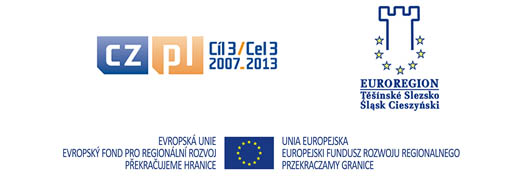19. Bolesław II (Boleslaus II) * c.1425 + 8 October 1452
The son of Bolesław I and Ofka (Eufemia), the daughter of Siemowit IV, the Prince of Mazovia. He ruled the Duchy of Cieszyn until 1442 as one of the jointly ruling princes. An example of their common rule is a pact with Poland, negotiated in 1435 and renewed in 1447, concerning the suppression of robber knights operating on both sides of the Polish-Upper Silesian border. He received sixteen towns and villages spread over the south-western part of the Duchy, namely; Dąbrowa, Dziećmorowice, Frysztat, Gruszów, Karvina, Kocobędz, Polska Lutynia and Niemiecka Lutynia, Łazy, Olbrachcice, Orlova, Poręba, Skrzeczoń, Sucha, Wierzbica and Zabłocie, on the division of the inheritance of his mother, Princess Ofka. Bolesław II followed the principle of supporting the towns as his parents had done. In 1447 he granted Frysztat rights similar to those Cieszyn had received.
He made efforts to gain autonomous rule. For this reason he exchanged with his brother Wacław several villages in the Duchy of Cieszyn for the part of the Duchy of Bytom left in the possession of the Cieszyn Piasts. Fearing the consequences following the death of his brother Wacław, Bolesław gained assurances from him that he would not either sell or give up Bielsko to anyone without the knowledge of Bolesław or his sons. He was most probably buried in the Dominican church in Cieszyn.
Following in the footsteps of his father and brothers he made efforts to participate in international politics. In 1443 he took Poland's side in its conflict with Hungary, while in 1449 he was a negotiator in the conflict between the King of Poland, Kazimierz Jagiellończyk and the Bohemian nobility. Contrary to his brother Władysław, who maintained relationships with Bohemia, Bolesław maintained close ties with Poland. He married Anna (* 1430 + 1490), the daughter of the Prince of Bielsko, Iwan and the niece of Queen Sońka, Władysław Jagiełło's wife. The wedding took place at the end of June 1448 with the intention of consolidating the influence of the Jagiellons in Silesia. In her dowry Anna was given Frydek and Frysztat. She became a widow on 8 October 1452. From that time on she brought up her son Kazimierz until he reached the age of majority. The territories given to her in her dowry were taken care of by her dead husband's brothers, firstly Wacław I, and after him Przemysław II, after whose death in 1477 her son, Kazimierz, assumed absolute rule of the Duchy of Cieszyn. Anna moved to Frysztat, where she remained until her death.
(K. Jasiński, Rodowód, vol. 3, pp. 174-175, I. Panic, Księstwo cieszyńskie, pp. 57-58, F. Popiołek, Bolesław II, pp. 279-280, G. Biermann, Geschichte, pp. 95-96)










